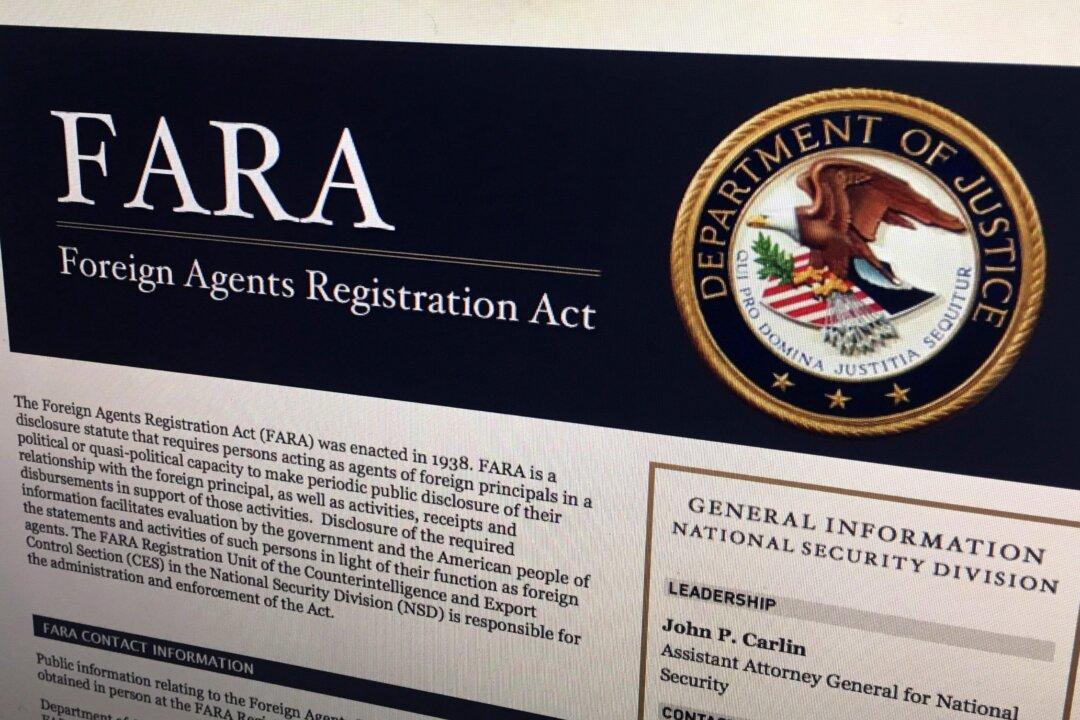The federal government is “actively considering” creating a foreign agents registry to track individuals who may be influencing Canada’s political process on behalf of foreign states such as China.
Robert Oliphant, Parliamentary Secretary to the Foreign Affairs Minister, told the House of Commons on Feb. 23 that the Liberal government is looking at precedent measures established by the United States and Australia.





